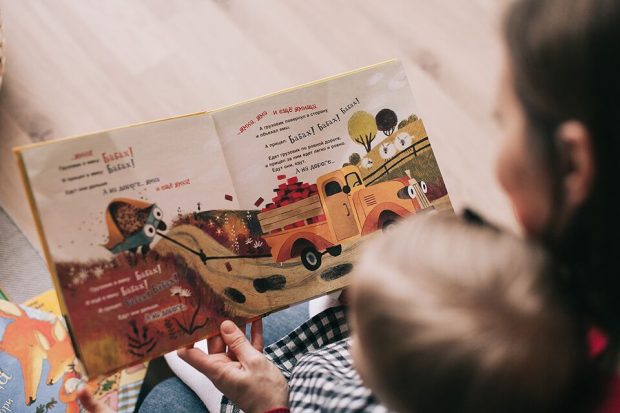Young people today read less frequently than any previous generation

Children and young people’s reading in 2019
56,906 children and young people aged nine to 18 in the UK participated in our survey between January to March 2019. For the first time we also had information from 3,748 children aged 5 to 8 who completed a similar survey designed for younger children. Where possible, we relate our findings back to the reading surveys we conducted from 2005.
Our key findings include:
- Children and young people’s levels of reading enjoyment continue to decline and are at their lowest since 2013 (53% said they enjoyed reading in 2019 vs 53.3% in 2013)
- Children and young people’s daily reading levels are the lowest we’ve ever recorded, with just 25.8% of children saying they read daily in their free time in 2019
- Based on reading skills data for 712 pupils aged 11 to 14, young people who enjoy reading are three times more likely to read above the level expected for their age than children who don’t enjoy reading (30.1% vs 8.1%)
- Based on reading skills data for 712 pupils aged 11 to 14, young people who read daily in their free time are twice as likely to read above the level expected for their age than children who don’t read daily (37.6% vs 14.2%)
Helping families to support learning at home
Today, Friday 21 February, DfE have announced seven early education mobile and tablet apps that have received approval from an expert panel to improve the home learning environment.
The new apps will help parents to kick start their child’s learning at home with early support for reading, writing and speaking.
The newly approved apps cover activities ranging from interactive story books, handwriting exercises using Artificial Intelligence helping with their early pen and paper skills, and educational video games.
The apps make up a small part of the Hungry Little Minds campaign which helps parents with simple, fun activities that they can do with their child off screen, in their day to day interactions to help their early learning skills.
Education Secretary Gavin Williamson said:
“The first few years of a child’s life are crucial in equipping them with the skills needed for the classroom, and we are working with families to make it easier to weave early learning into daily activities.
“We know that the majority of families are using technology in fun and visual ways to support their child’s early education, but it can be difficult for busy parents to work out what content is best.
“This list of expert-approved apps helps them make confident decisions that benefit their child’s language and literacy skills.”











Responses